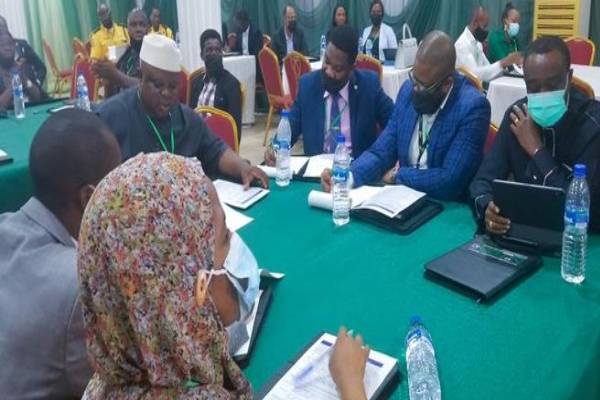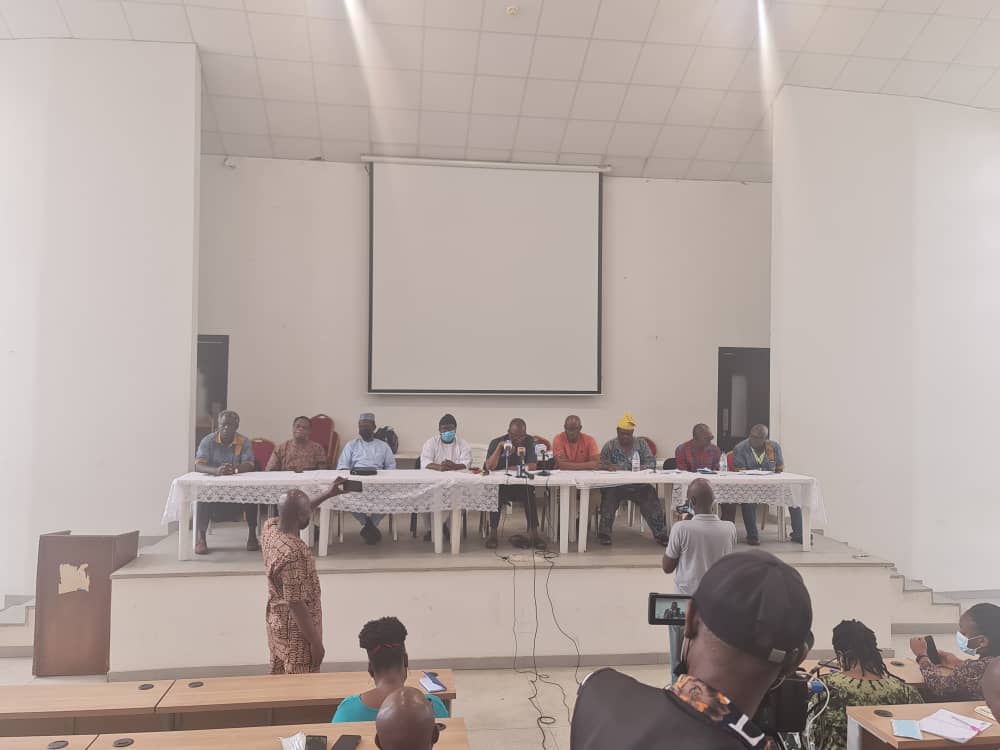The National Information Technology Development Agency, NITDA, held a stakeholders’ engagement session at the Lagos Chamber of Commerce and Industry, Ikeja Lagos, recently to examine the prospects, constraints, entrepreneurial evolution, and ramifications of the digital economy for Nigeria, in collaboration with the Lagos State Government.
The session, titled ‘Creating opportunities, breaking boundaries: Towards digitalisation and entrepreneurial evolution,’ was designed to provide a forum for stakeholders from various fields to discuss vital insights and aids in breaking down barriers to digitisation and evolution, including education, health, finance, agriculture, and telecommunication. More importantly, the session looked at ways for start-ups to take advantage of technological advancements to expand their businesses across Nigeria, Africa, and other continents, much like businesses on other continents have been able to reach even the most remote parts of Africa through digitization.
The Honourable Commissioner for the Lagos State Ministry of Science and Technology, Hakeem Popoola Fahm, gave the keynote address on behalf of the Lagos State Government, noting that digital technologies have broader implications for value creation and value capture than simply providing new options for inventors and entrepreneurs.
In his words, “The digital revolution has transformed our lives and societies at an unprecedented rate and scale, bringing enormous benefits and, of course, terrible problems. New technologies have the potential to make major contributions to the achievement of the Sustainable Development Goals (SDGs), but favorable outcomes must not be taken for granted.”
NITDA has continued to build a framework for the planning, research, development, standardization, implementation, coordination, monitoring, evaluation, and regulation of information technology practices, activities, and systems in Nigeria since its establishment in April 2001 to carry out the Nigerian Information Technology Policy and oversee general information technology development, according to the Commissioner.
“The NITDA has been Nigeria’s primary Agency in charge of e-government implementation, Internet governance, and general IT development. However, the introduction of unique and powerful digital technologies, platforms and infrastructures has fundamentally altered innovation and entrepreneurship,” he said.
Meanwhile, stakeholders from a variety of fields, including education, health, business, law, telecommunications, and the Lagos State Traffic Management Authority, were present for the discussion.
Other stakeholders present at the programme included the Head of NITDA South West Zonal office, Mrs Chioma J. Okee-Aguguo; the Director for Corporate Planning and Strategy, Dr Onumo. O. Aristotle; the Director, Standard Guidlines and Framework, (SGF), Mr Dejo Olawunmi; Head, Project Management Unit, Dr. Mohammed Saidu Kumo; Director, e-Government Development and Regulations (e-GDR).





